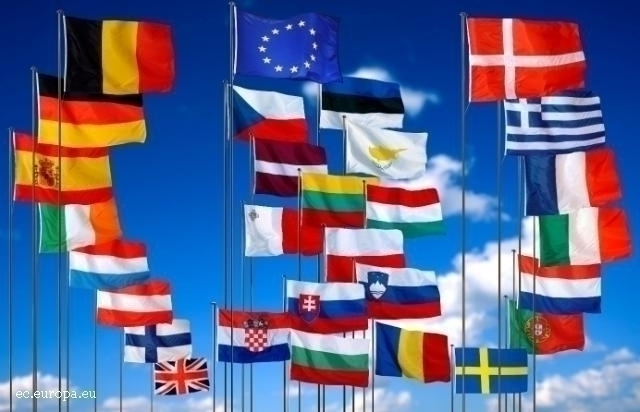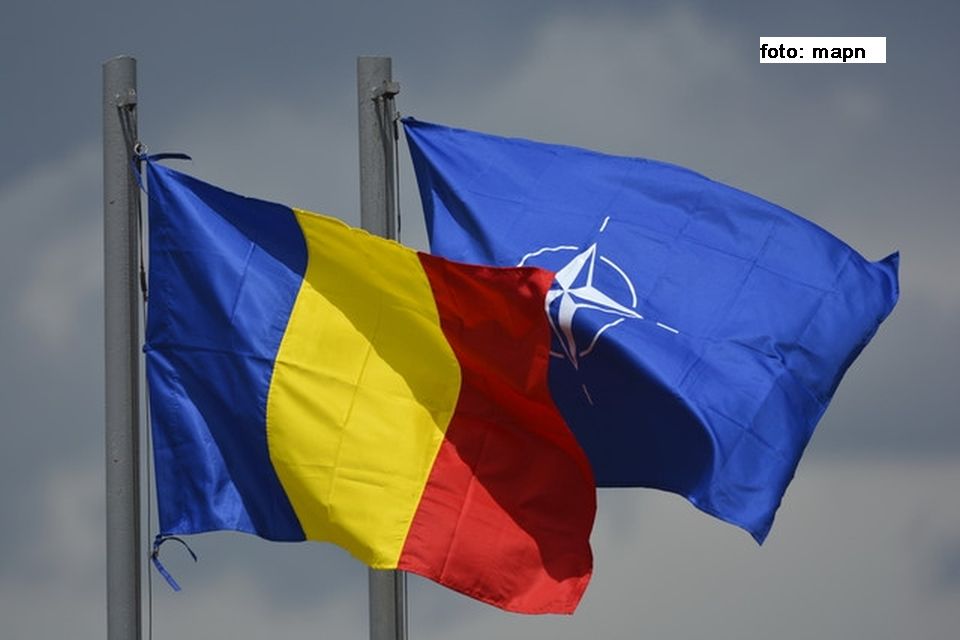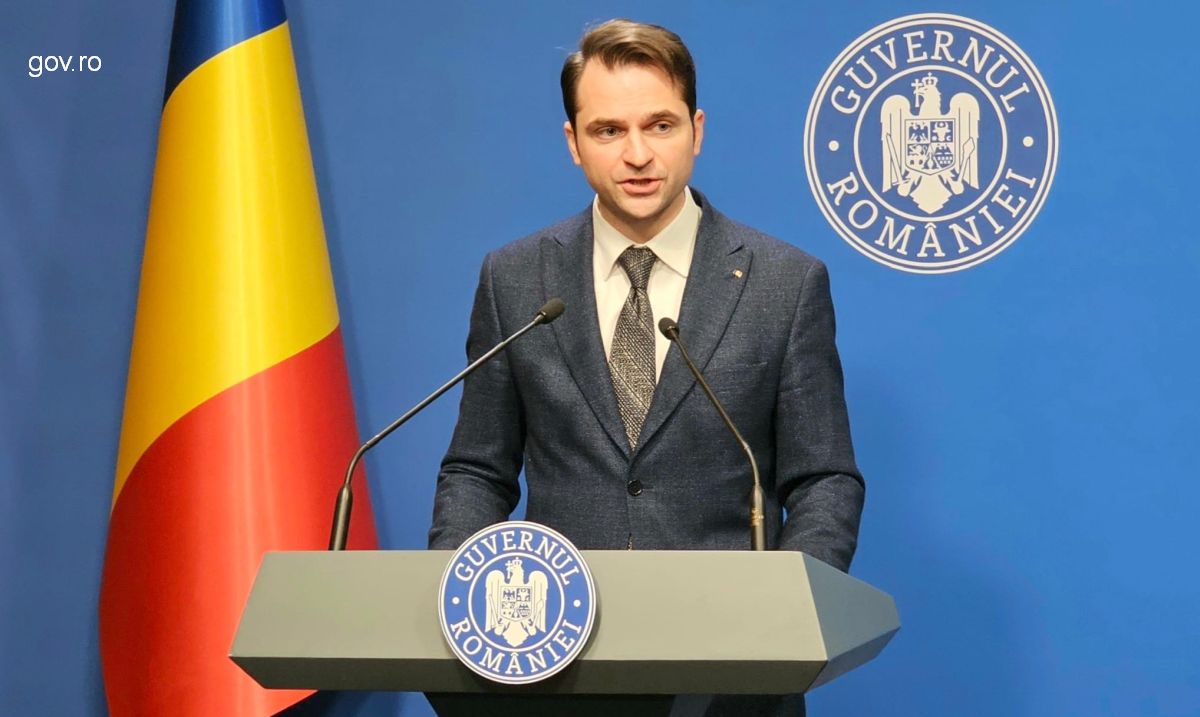Elections for the Future of Europe
2017 is going to be a tough year for Europe, with presidential elections in France and parliamentary elections in Germany, the Netherlands and very likely in Italy too.

Daniela Budu, 06.12.2016, 13:33
The European Commission President Jean-Claude Juncker has stated that the result of the referendum in Italy is disappointing, but not catastrophic. Some 60% of the Italians rejected the reforms proposed by the Prime Minister Matteo Renzi, and the voting was interpreted as a display of Euro-skepticism. In an interview on the Dutch public television, Jean-Claude Juncker voiced worries over the increasing number of those who are turning their backs to European integration and termed the populists ideas as dangerous. Sometimes the responses are not correctly articulated, in spite of the right question. We are living dangerous times, adding that the pro-Europeans do not always have the right solutions, nor do anti-Europeans, Juncker went on to say.
Juncker admitted that there were colleagues of his in the European Commission who believed that the Union was going to fail as a project, but he voiced his conviction that the European spirit would prevail. According to Jean-Claude Juncker, people will eventually understand that it is better to stay united, rather than repeat the tragic experiences of this continent.
2017 is going to be a tough year for Europe. The joy triggered by the outcome of the presidential elections in Austria, where the far-right wing lost to the pro-European contender, might dissipate quite rapidly, because of the referendum in Italy. The defeat suffered by the Italian Prime Minister Matteo Renzi is further encouragement to the extremist and euro-skeptic movements. And all this against the background of presidential and parliamentary elections to be held in several European countries. So, the electoral stakes are going to be pretty high in France, Germany and the Netherlands, and very likely in Italy too. The echoes of the anti-elite voting in Italy are being heard all across the EU, because Matteo Renzi was the last of the prime-ministers of the big European states who was still talking about a future of the EU.
In Germany, Chancellor Angela Merkel is too caught in the domestic political games and she will have to work hard to get support for a fourth term in office. She will have to do that both within her own party, and also at the next year parliamentary elections. In France, Francois Hollande leaving the presidential race left an empty space in the pro-European camp, and Prime Minister Manuel Valls decision to enter the race is no guarantee for success against the National Front and its president Marine Le Pen.
Great Britain too might see early elections, if Theresa May wants more parliamentary support as a result of the Brexit. As regards the relation between the EU and the US, Jean-Claude Juncker believes that the surprise victory scored by Donald Trump is a threat. According to the EC President, Trump knows nothing about the EU and its mechanisms.
(Translated by M. Ignatescu)






























